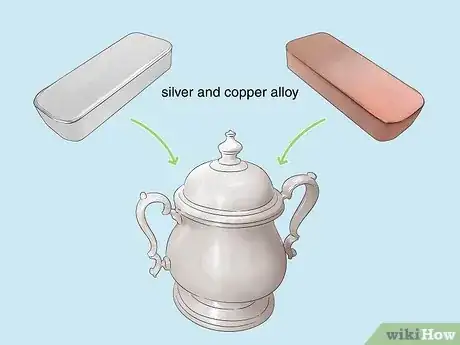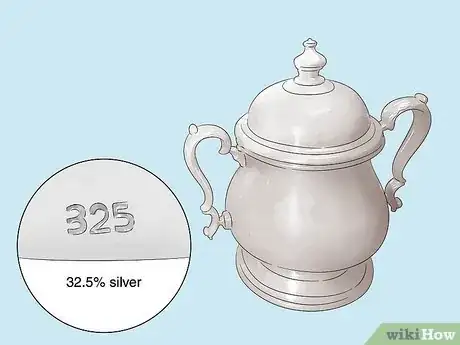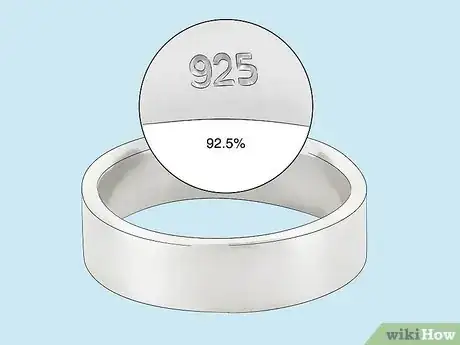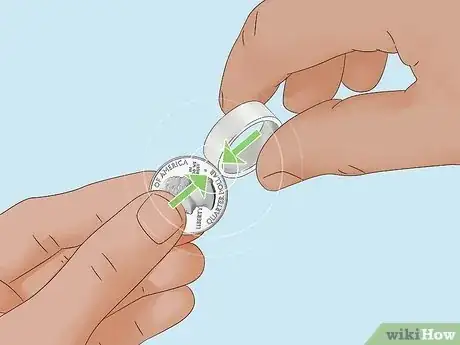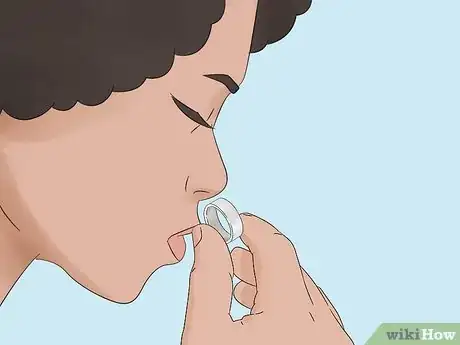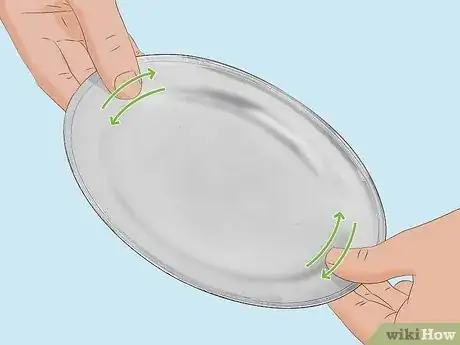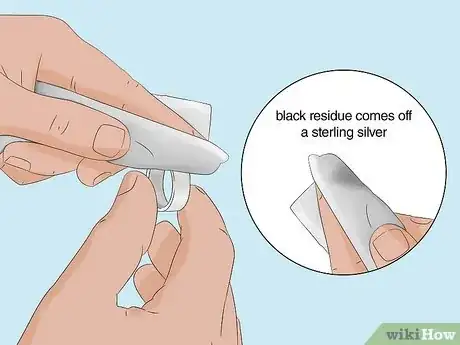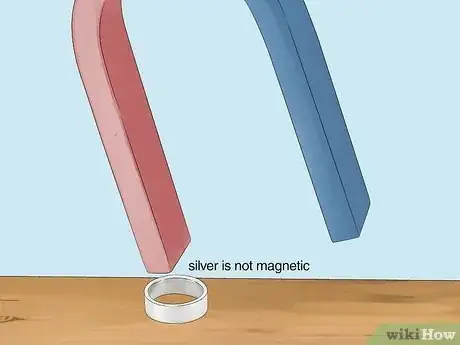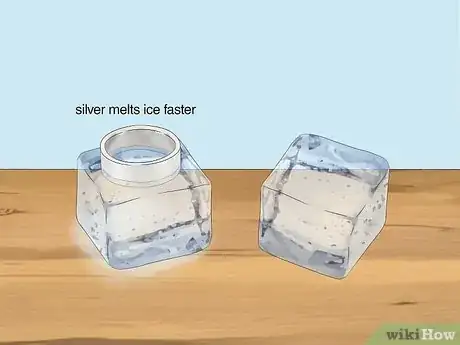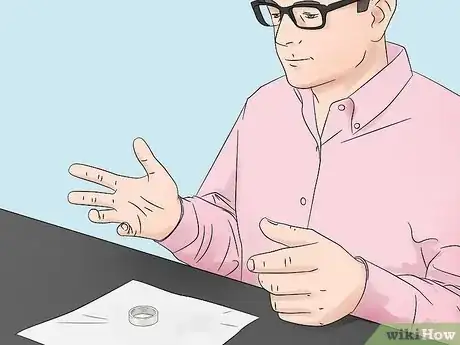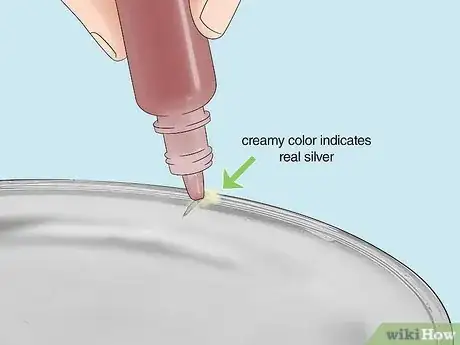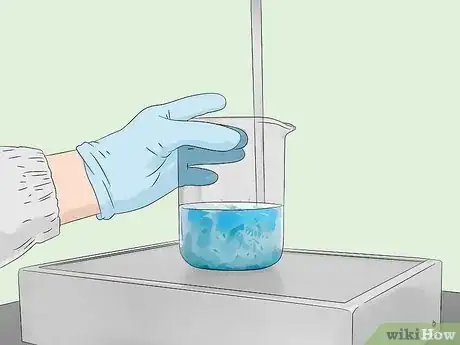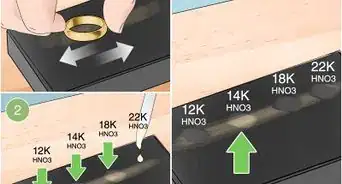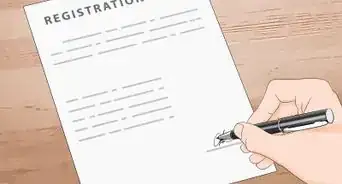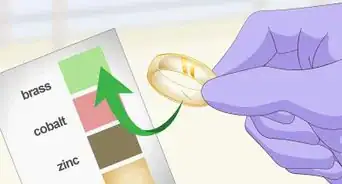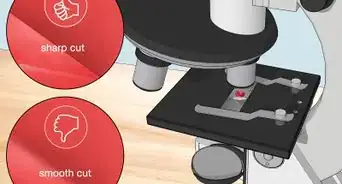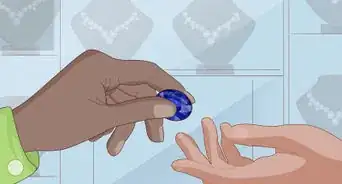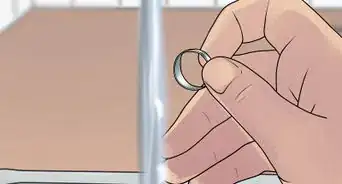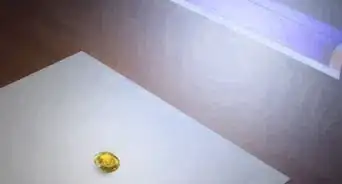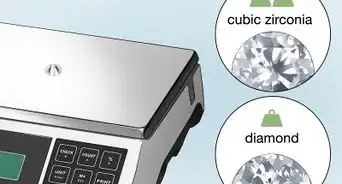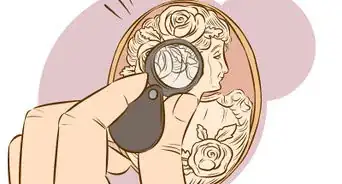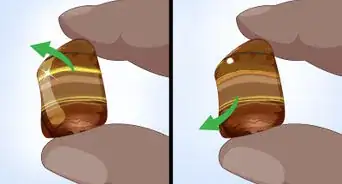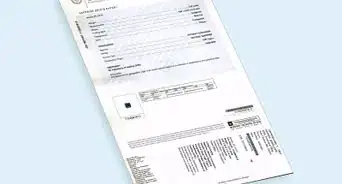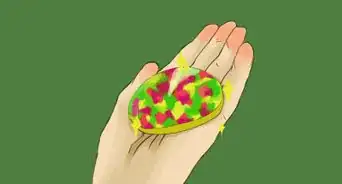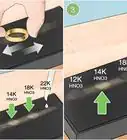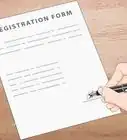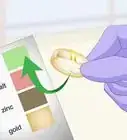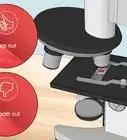This article was co-authored by Kennon Young and by wikiHow staff writer, Eric McClure. Kennon Young is a Master Gemologist Appraiser and the Owner of Vermont Gemological Laboratory in Burlington, Vermont. With over 20 years of experience in the industry, Kennon and his team specialize in handmade engagement rings, wedding bands, and custom jewelry. He attended the Revere Academy of Jewelry Arts, the Gemological Institute of America, and the Rhode Island School of Design Extension. He is a Jewelers of America (JA) Certified Bench Jeweler Technician and received the highest credential in the jewelry appraisal industry, the ASA Master Gemologist Appraiser, in 2016.
There are 12 references cited in this article, which can be found at the bottom of the page.
wikiHow marks an article as reader-approved once it receives enough positive feedback. In this case, 80% of readers who voted found the article helpful, earning it our reader-approved status.
This article has been viewed 609,905 times.
How do you figure out if something is silver, sterling silver, or something else entirely? Sterling silver is exceptionally valuable, so it’s smart to get to the bottom of whether jewelry, silverware, or an heirloom is authentic or not. We’re here to help you figure all of this out and more! We’ll break down what sterling silver is, show you what to look for when identifying sterling silver, and go over DIY tests you can do to perform an analysis. We’ll even show you where to take the item for more accurate findings, so read on for more info.
Things You Should Know
- Hold a magnet up to the item in question. Real sterling silver is not magnetic.
- Tap the sterling silver with a coin to see if it makes a high-pitched bell-ringing noise. If it does, it's real sterling silver.
- Authentic sterling silver is odorless. After cleaning the item, it shouldn't smell like anything if it's real sterling silver.
- Scrub the item with a white cloth. If black residue comes off from tarnish, it’s legitimate sterling silver.
Steps
Expert Q&A
-
QuestionHow can you tell if something is real silver without markings?
 Kennon YoungKennon Young is a Master Gemologist Appraiser and the Owner of Vermont Gemological Laboratory in Burlington, Vermont. With over 20 years of experience in the industry, Kennon and his team specialize in handmade engagement rings, wedding bands, and custom jewelry. He attended the Revere Academy of Jewelry Arts, the Gemological Institute of America, and the Rhode Island School of Design Extension. He is a Jewelers of America (JA) Certified Bench Jeweler Technician and received the highest credential in the jewelry appraisal industry, the ASA Master Gemologist Appraiser, in 2016.
Kennon YoungKennon Young is a Master Gemologist Appraiser and the Owner of Vermont Gemological Laboratory in Burlington, Vermont. With over 20 years of experience in the industry, Kennon and his team specialize in handmade engagement rings, wedding bands, and custom jewelry. He attended the Revere Academy of Jewelry Arts, the Gemological Institute of America, and the Rhode Island School of Design Extension. He is a Jewelers of America (JA) Certified Bench Jeweler Technician and received the highest credential in the jewelry appraisal industry, the ASA Master Gemologist Appraiser, in 2016.
Master Gemologist Appraiser If there are no markings, you can't be sure without having it tested by professionals. They would perform a chemical test, including acid tests, a laser test, or an electronic test.
If there are no markings, you can't be sure without having it tested by professionals. They would perform a chemical test, including acid tests, a laser test, or an electronic test.
References
- ↑ https://www.shapeways.com/rrstatic/material_docs/mds-silver.pdf
- ↑ https://www.dephini.net/blogs/news/is-925-sterling-silver-good-the-truth
- ↑ https://www.southernliving.com/home/cleaning-and-housekeeping/does-sterling-silver-tarnish
- ↑ https://www.silvercollection.it/DICTIONARYDECRYPTINGUKSTERLINGMARKS.html
- ↑ https://www.encyclopedia.com/articles/how-to-check-silver-authenticity/
- ↑ https://www.body-piercing.com/blog/6-tips-to-know-if-your-925-sterling-silver-jewelry-is-real/
- ↑ http://www.silverstall.com/testing-silver.html
- ↑ https://www.researchgate.net/publication/343774752_Coatings_to_Improve_the_Tarnish_Resistance_of_Sterling_Silver
- ↑ https://www.encyclopedia.com/articles/how-to-check-silver-authenticity/
- ↑ https://www.encyclopedia.com/articles/how-to-check-silver-authenticity/
- ↑ https://jcrs.com/JCRS_for_consumers/appraising_jewelry/jewelry_appraisal.htm
- ↑ http://m.palagems.com/choosing-an-appraiser/
- ↑ https://clothedwithtruth.com/blogs/news/how-to-determine-if-jewelry-is-sterling-silver-or-silver-plated
- ↑ https://www.silverstall.com/testing-silver.html
- ↑ http://www.silverstall.com/testing-silver.html
About This Article
To identify a piece of sterling silver, first look for the sterling silver hallmark, which is sometimes written as “925,” or “S925” in the U.S., a stamped lion in the U.K., or a stamped vase or Head of Minerva in France. If it doesn’t have a stamp, run a magnet around the pieces of metal. If it’s attracted to the magnet, it’s not sterling silver. Since silver oxidizes in air, try rubbing it with a white cloth and looking for black marks on the cloth from oxidation. For tips on performing other tests or taking the metal to a professional, scroll down!
